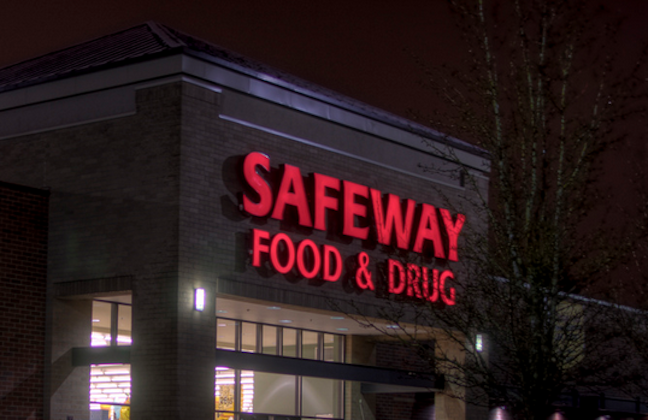Court Orders Safeway To Refund Overcharges For Online Orders
Despite facing two previous lawsuits related to overcharging customers at its bricks-and-mortar stores, it doesn’t appear that Safeway understands the concept that you can’t say something is one price and then make a customer pay more – even online. And last week, a California federal judge ruled Safeway must refund customers the amount of money they were overcharged when the company broke its own terms and conditions by marking up prices of items ordered online.
According to Courthouse News, the court granted summary judgement [PDF] to a class of consumers who alleged that Safeway “secretly” marked up prices for home delivered groceries by nearly 10% in apparent violation of its own online customer agreement.
The class-action suit, filed in 2011, argues that the terms for home delivery service on the Safeway website stated that “The total amounts you shall pay for the Product per each order shall be the sums of the respective prices for the items you select and submit via the online order form, plus all applicable sales taxes and shipping charges.”
Since the site explicitly states that the items ordered through the site are coming from your local Safeway, the plaintiff contends that the terms imply that you’ll be charged the same as what you pay for the same items in the store.
But the plaintiff says that when he actually compared online prices against those of the store from which the items were presumably being delivered, he found the website prices to be higher.
Safeway maintains that there is no indication of price parity in these terms and that the agreement is only explaining that a customer will be charged the total of the prices listed on the website.
In his ruling, the judge sided with the plaintiff, saying that because the terms indicated that your groceries are selected from “your local” store and that you’d be charged the “prices in the store on the date your order is filled and delivered,” they imply that customers will pay the in-store price plus delivery fees.
“The special terms promise that, with the exception of the actually disclosed special charges and delivery fees, the prices charged for safeway.com products will be those charged in the physical store where the groceries are delivered,” the judge’s order states. “Since Safeway actually marked up the charges for the in-store prices beyond the disclosed delivery and special charges, the court grants summary judgment that Safeway breached its contract with its customers.”
Safeway revised the terms in 2011 to better explain this policy, but the court ruled that the company didn’t do enough to alert users to this change. And so members of the affected class will be able to receive refunds for marked-up items bought any time after April 12, 2010.
A case management conference has been set for January to better determine consumer refunds.
Safeway Class Wins Summary Judgment [Courthouse News Service]
Want more consumer news? Visit our parent organization, Consumer Reports, for the latest on scams, recalls, and other consumer issues.


